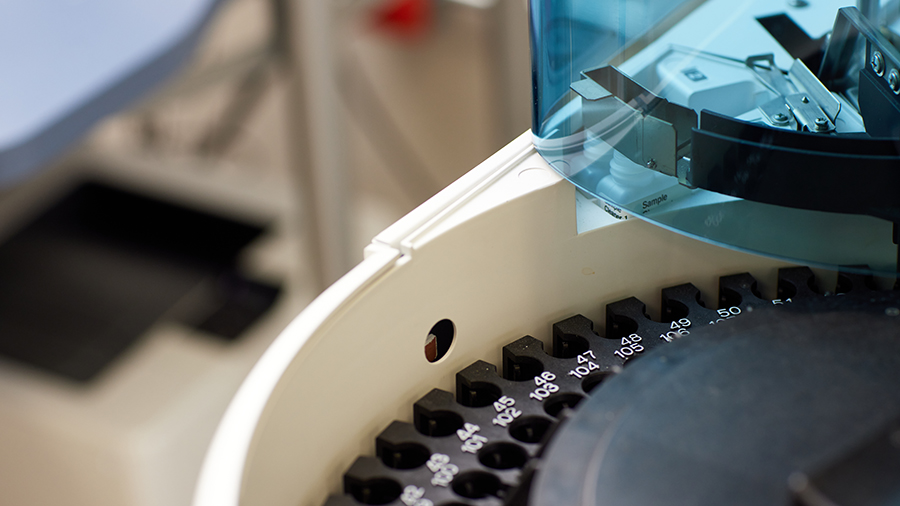
Biological Assay Development and validation
Developing biological assays for application to basic science, drug discovery and development, and creation of diagnostics
Biological assays are experimental methods for assessing the presence, localization, or biological activity of a substance in living cells and biological matrices. Such methods are essential to biological science and technology. Many applications require novel assays to answer new questions, and existing assays must be implemented in a way that is robust and reproducible. Assay development and validation are routinely performed at SRI.
Biological assay types
Some of our experts
-

Wei Zhou
Research Scientist, Webb Laboratory, Medicinal & Synthetic Chemistry
-

Michael McGuire
Director of Macromolecular Sciences, Biosciences
-

Carol Green
Senior Director, Preclinical Development, SRI Biosciences
-

Naseem Chini
Director, Clinical Analysis Laboratory